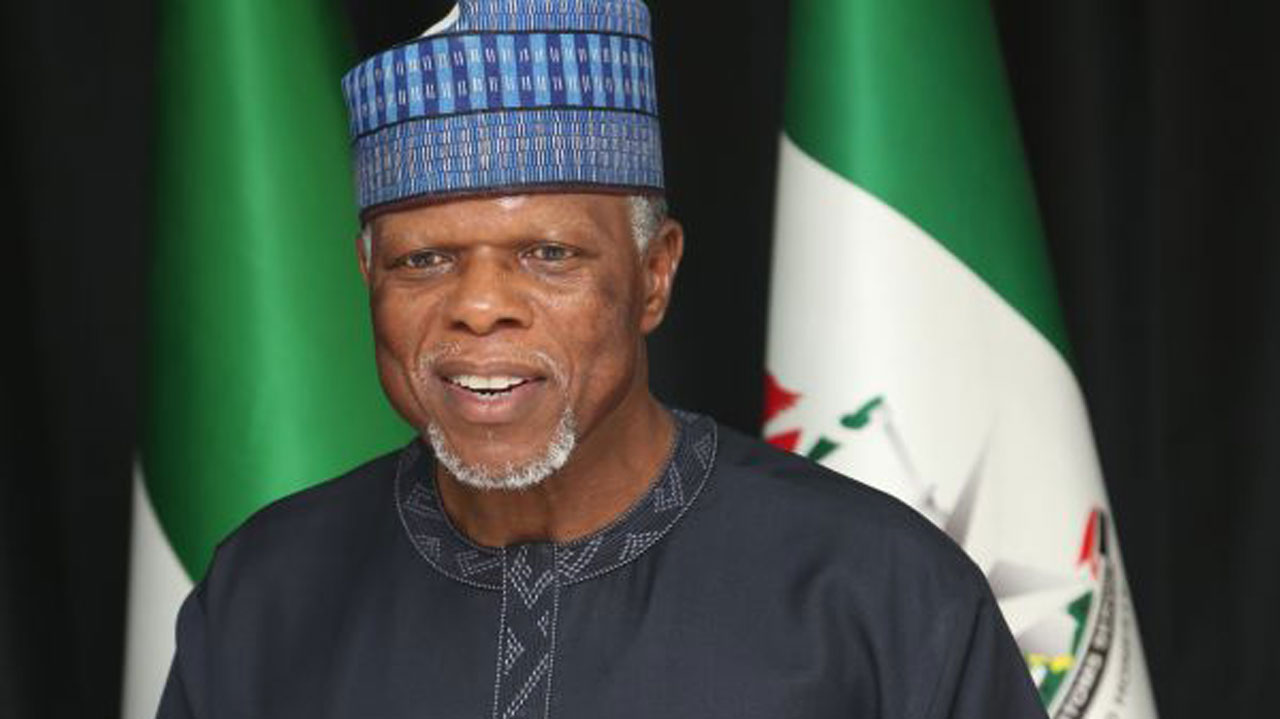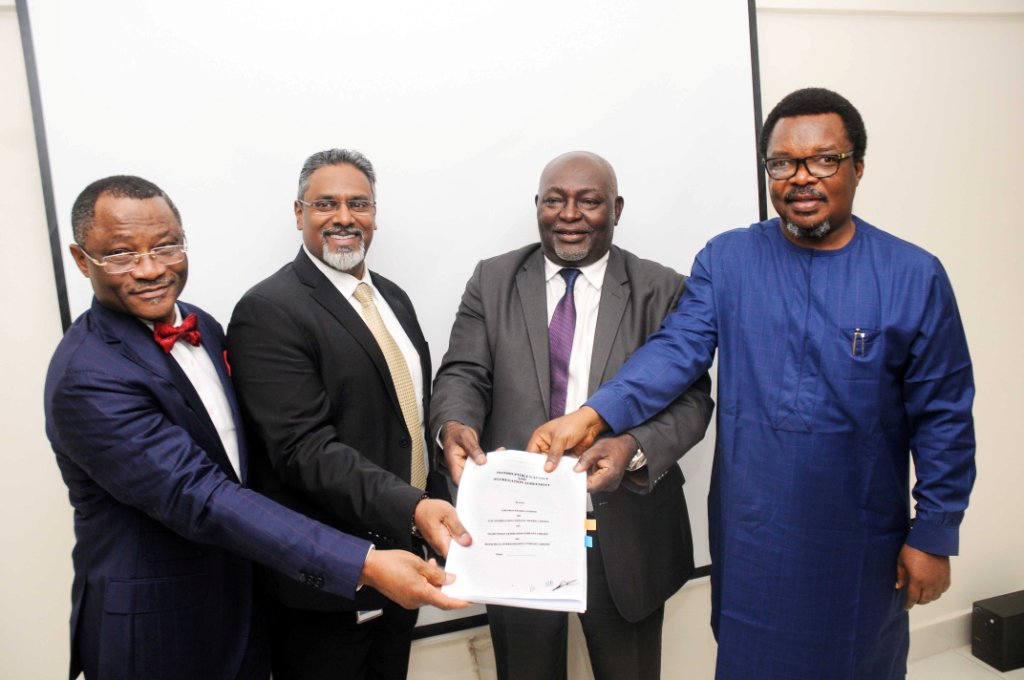A danger signal capable of derailing the original statutory function of the Nigerian Customs Service (NCS) is seriously emerging since the appointment of retired Army Colonel, Mr Hameed Ali.
Investigations and reports suggest that ever since his coming in, he leadership body language has changed for bad, the original role of trade facilitation to income generation to the extent, commands are now in stiff competition over who should earn highest in monthly revenue generation and also who should or should not surpass set revenue targets.
Analysts say due to the excess emphasis revenue generation, trade facilitation are no more an issue, thus creating serious drawbacks in building up export base of the economy which is the key aspect and objective of trade facilitation.
Checks show that every month, media outfits are abashed with several Customs Commands struggling to post a report on what it has generated instead of the volumes of trade it has facilitated within the period under review.
Otherwise, since his leadership came on board, Customs Commands continuously receive annual national targets from the federal government with the figure later unbundled by the Service for each Command. This practice has seen Area Controllers at various Customs Commands jettison trade facilitation in an unhealthy drive to attain and surpass their respective fiscal targets.
For instance, this year, 2019, the Service was given a revenue target of N887billion which the Comptroller-General of Nigeria Customs Service (NCS), Col. Hameed Ali (Rtd), assured that the figure would be significantly surpassed.
According to the Customs boss, the management had earlier set a higher target for itself with the aim of surpassing the revenue generated in 2018 which was over N1.2trillion.
Nevertheless, several economic experts and port stakeholders have admonished the NCS to pay more attention to the provision of an enabling environment for port business to thrive.
Addressing the media on Monday, Ali reiterated his unprecedented focus on revenue generation, saying “The border closure has impacted positively on revenue generation of the Federal Government which in turn will be used to build more infrastructures and develop critical sectors of the nation’s economy.
However, the Executive Secretary of Nigerian Shippers’ Council (NSC), Mr. Hassan Bello recently observed this misnomer and noted that facilitation of trade will not only increase the patronage of Nigerian seaports by shippers, customs agents and shipping companies, but will also enhance development at the ports and make their operations be at par with what is obtainable in ports of advanced countries.
In the same vein, the Deputy Controller, Tariff and Trade, Customs Headquarters, DC Anthony Ayalogu said that an improving economy should have lower Customs revenue and more on trade facilitation.
According to him, “There is a Key Performance Indicator (KPI) for development of a country and it states that the higher a nation’s customs revenue indicates that the nation isn’t growing. The indices of calculating a country that is developing is that its customs revenue should start dwindling. This means that instead of importing finished products that would attract duty of 20%, the nation is found bringing in mostly raw materials because the industry has capacity to produce. So, more duties come in at 5% because they are raw materials and this means Customs revenue would be low. This means that there is development.”
He observed that when Nigeria starts bringing in vehicles and all electronics as Completely Knocked Down (CKD) units with about 5% instead of Fully Built Unit (FBU) attract duty of over 35%, there will be a massive drop in Customs revenue but it wouldn’t mean that the nation has failed.
“We may have lost income via Customs revenue but the nation would have gained tremendously in terms of growing the economy” he said.
The Customs boss also stated that revenue generation for the government isn’t the main function of Customs as the Service had more pertinent tasks including; collation, control before collection.
He further averred that “There are three ‘Cs’. The first one is to collate data and be accurate and accountable. The next one is to be able to control it by ensuring that the goods and services conform to the nation’s standards as stipulated by other agencies. The last function is collection of revenue.”
Efforts to speak with the PRO of Customs, Mr Joseph Attah on why trade facilitation has taken the back seat in the Service failed.









